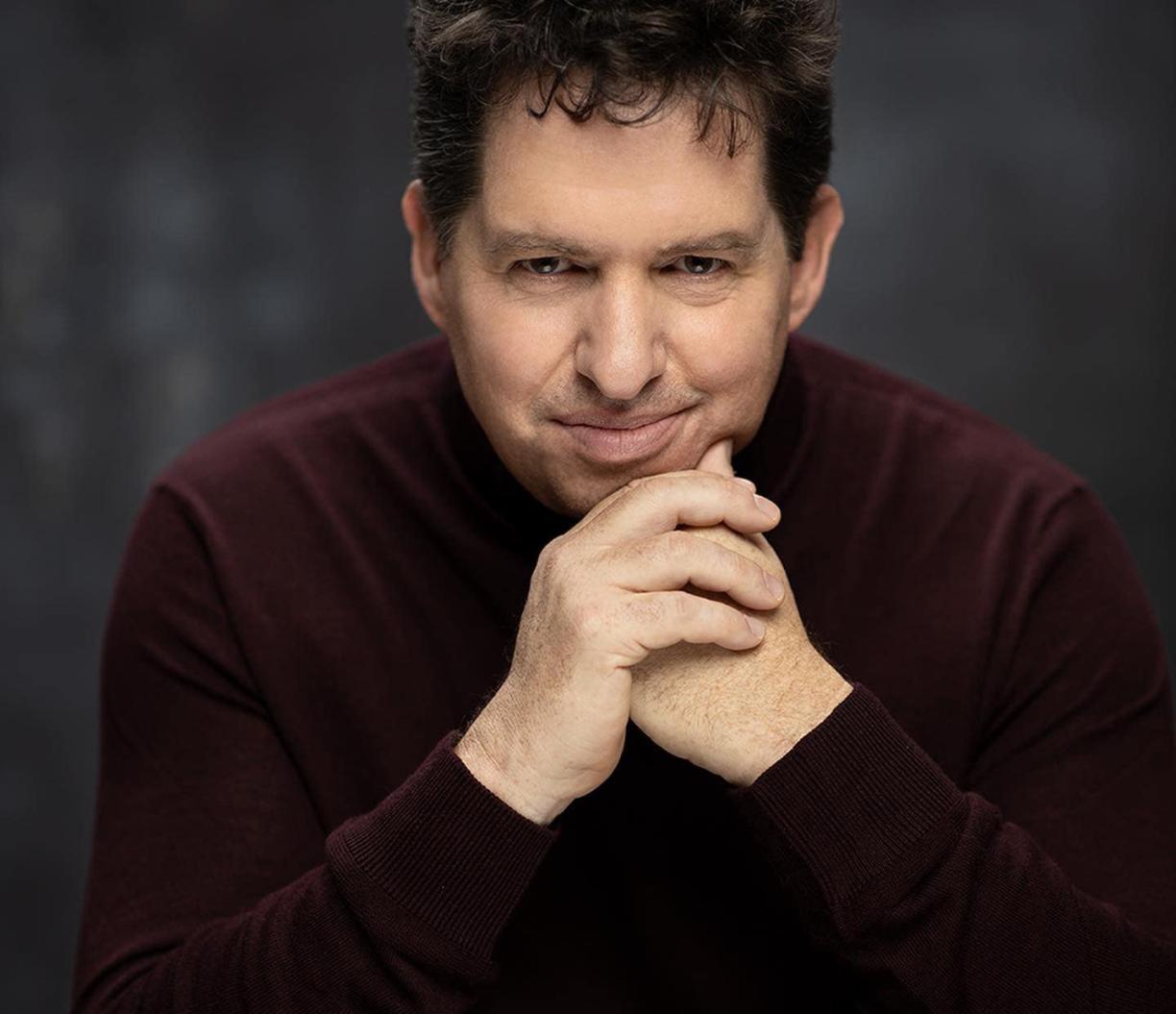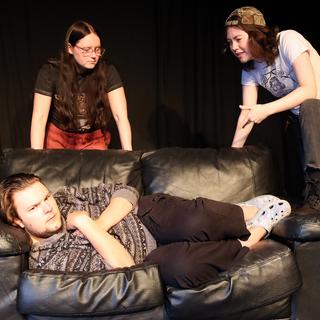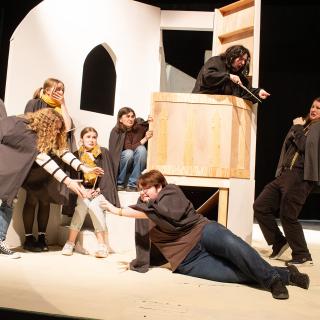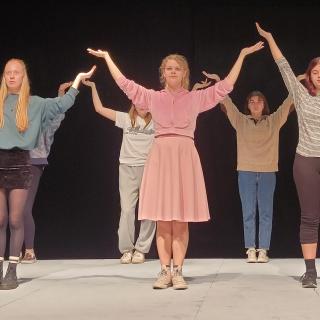Arts & Humanities Colloquium Series returns this spring with a thought-provoking lineup.
Vancouver Island University’s (VIU’s) Spring Arts & Humanities Colloquium Series will take audience members on a journey through the theatre of grotesque, and audio media techniques and creative pathways for producers and audiences.
The Colloquium Series began in 2009 with the aim of creating reflective and intellectually engaging presentations that demonstrate how important the arts and humanities are to understanding today’s world. All lectures are free to attend and are held from 10-11:30 am in VIU’s Malaspina Theatre. In-person attendance is at a reduced capacity of 50% and attendees must provide proof of vaccination and wear masks at all times. The lectures will also be live streamed via Zoom and links can be found on the Arts & Humanities Colloquium Series website.
The series kicks off on Friday, January 14 with A Brief ‘Visit’ into the Theatre of Grotesque presented by Leon Potter, a VIU Theatre Department Professor. The lecture explores Swiss playwright Friedrich Dürrenmatt’s 1956 play, The Visit, which is the VIU Theatre Department’s spring play. Potter will take audience members deep into the creative world behind the scenes of the upcoming production.
“Durrenmatt’s play The Visit has been a fascination for me since first coming across it. The grotesque, satirical nature of the piece, using humour to explore issues that dig deep into the fabric of society, allows us to create an evening of theatre that delivers a full spectrum of experiences,” says Potter. “The theme of ‘can capitalistic nature sway the morality of a population?’ is as relevant now as it ever was, and wrapped in an absurd plotline, it allows us to have fun and laugh at the ridiculousness of the situation.”
On March 11, Robin Davies, a VIU Media Studies Professor, presents Beyond Voices: Audio Media and the Sound of Scholarship. The lecture explores questions such as how do oral, and aural, techniques open up creative and pedagogical pathways for producers and audiences. It includes examples from the classroom, interdisciplinary audio collaboration, and campus/community radio.
“Though ours is a visual culture, we hear in far higher resolution than we see. Sound can immerse and transplant the listener. Sound is a shortcut to memory. We can close our eyes, but sound is inescapable,” says Davies.
-30-
Media Contact:
Rachel Stern, Communications Officer, Vancouver Island University
C: 250.618.0373 l E: Rachel.Stern@viu.ca | T: @VIUNews





